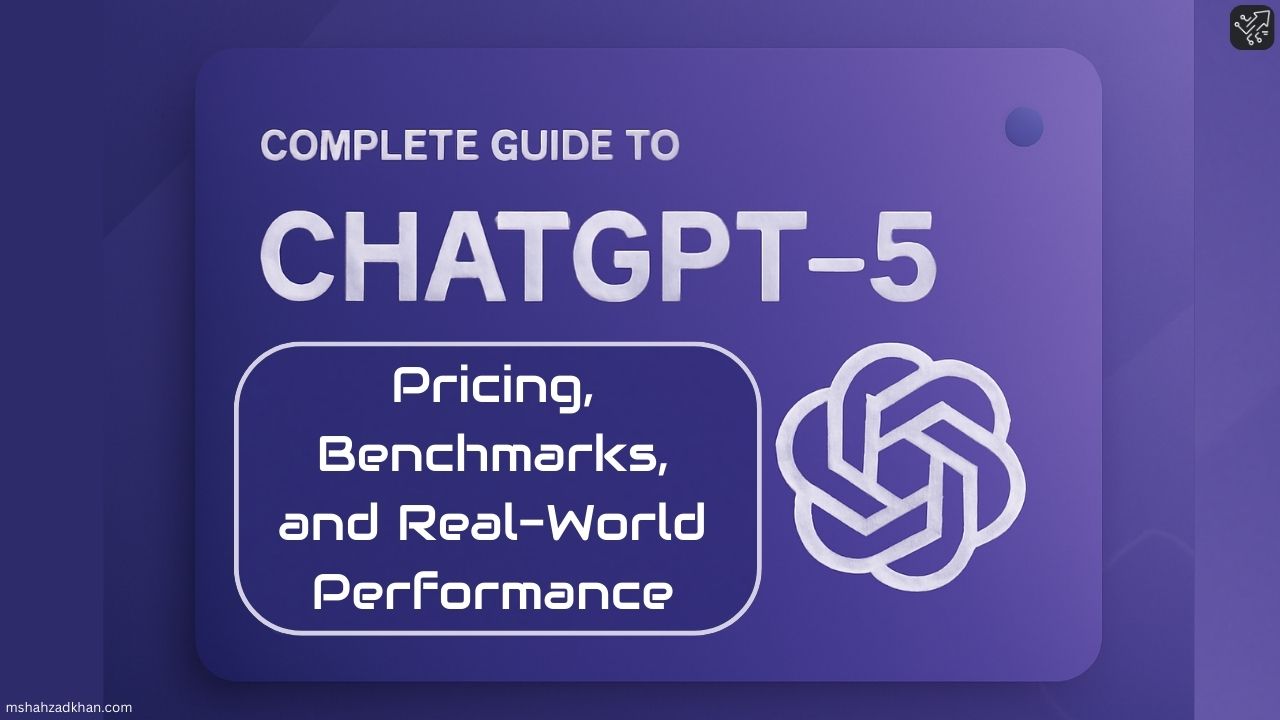
Accounting for Digital Marketing Agency: A Practical Guide to Stay Profitable
If you run a digital marketing agency, you’re probably juggling client campaigns, content calendars, and team deadlines nonstop. But there’s one area many agency owners avoid, accounting. And yet, understanding the numbers is key if you want to grow, stay cash-flow positive, and make smart decisions.
In this guide, we’ll break down what accounting for digital marketing agency really involves, how it’s different from general bookkeeping, and what steps you can take to keep your finances crystal clear.
Why Accounting Matters in a Digital Marketing Agency
Accounting might sound like a dry subject, but for a digital agency, it’s the control room of your entire business. Without it, you’re flying blind. From client billing to team payroll and ad spend, everything ties back to your financial foundation.
You need to know how much cash is coming in, where it’s going, and whether your projects are actually profitable. Otherwise, you risk overdelivering and undercharging—or worse, burning through your cash without noticing.
What Makes Agency Accounting Different?
Accounting for digital marketing agencies has its quirks. You don’t just sell products; you sell time, talent, and creative results. That means tracking hours, managing retainers, and dealing with expenses that fluctuate wildly (like paid ads or software subscriptions).
Unlike brick-and-mortar businesses, digital agencies often handle:
- Multiple ongoing client retainers
- Recurring and one-off project revenue
- Platform-specific ad budgets (Facebook, Google, etc.)
- Subcontractor or freelancer payments
- Variable software tools across departments
So your accounting system needs to match your operations, not the other way around.
Track Revenue the Right Way
Don’t lump all your income into one generic bucket. Break it down. Know what portion comes from SEO retainers, paid media, web design, or content marketing. This helps you spot trends and focus on high-margin services.
Also, track recurring revenue separately from project-based revenue. Recurring income helps with stability, while projects often bring spikes.
Control Your Costs (Before They Control You)
Agency costs can get out of hand fast, especially when you’re scaling. Make sure to monitor:
- Ad budgets (yours and clients’)
- Software subscriptions
- Freelancer/contractor payments
- Employee salaries and benefits
- Office or coworking expenses
Use categories in your accounting tool to tag each type of expense clearly. This way, you can quickly see what’s eating into your margins and where to cut back.
Billing Clients: Time Tracking vs. Flat Fees
How you charge clients affects your accounting. If you use hourly billing, accurate time tracking is non-negotiable. You’ll need software like Harvest or Toggl to log billable hours.
If you use flat monthly retainers (which many agencies prefer), track delivery costs closely. You need to make sure that what you’re delivering isn’t costing you more than you’re earning.
Use the Right Tools and Software
Trying to manage your books in Excel might work at first, but it won’t scale. Look into accounting software that’s built for service-based businesses. A few popular ones include:
| Software | Best For | Key Features |
| QuickBooks | Small to medium agencies | Invoicing, payroll, expense tracking |
| Xero | Agencies with remote teams | Easy collaboration, real-time reporting |
| FreshBooks | Freelancers or solo agency owners | Time tracking + simple project invoicing |
| Zoho Books | Cost-effective for growing agencies | Client portal, automation tools |
Pick one that integrates with your CRM, time-tracking tools, and payment systems.
Cash Flow vs. Profit: Don’t Mix Them Up
Just because you’re profitable on paper doesn’t mean you have money in the bank. That’s where cash flow comes in. Many agencies get paid late, so managing receivables and keeping cash flowing is crucial.
Set clear payment terms and follow up quickly on overdue invoices. Also, consider upfront deposits for new projects to stay cash healthy.
Tax Time: Don’t Let It Catch You Off Guard
Taxes can sneak up fast, especially if you don’t set money aside. Work with a tax advisor who understands service-based businesses or creative agencies. They can help you:
- Categorize expenses correctly
- Claim all allowable deductions (yes, even Canva and Google Ads!)
- Plan for quarterly estimated taxes
- Stay compliant with local and international tax laws (if remote or global)
Should You Hire an Accountant or Do It Yourself?
If your agency is just getting off the ground, you might manage your books yourself with software. But once your revenue grows or you hire a team, it’s time to bring in a pro.
A good accountant can save you more than they cost by helping you:
- Identify profit leaks
- Avoid tax penalties
- Make better financial decisions
- Build long-term financial systems
Think of them as a CFO on call, not just a number cruncher.
Final Thoughts: Accounting Is a Growth Lever
You don’t need to become a CPA to succeed, but you do need to understand your numbers. Clear accounting gives you confidence, clarity, and control. It lets you make smarter decisions, whether that’s hiring a new team member, adjusting pricing, or investing in growth.
So take accounting seriously. It’s not just about taxes. It’s about building a strong, sustainable digital marketing agency that won’t crash when things get busy.
Shahzad is a SEO Content Writer, he develops and implements content strategies to enhance online visibility and drive organic traffic. With five years of strong experience in the marketing and content writing field. In his spare time he enjoys playing badminton that helps him stay active and sharpen his strategic thinking skills.






